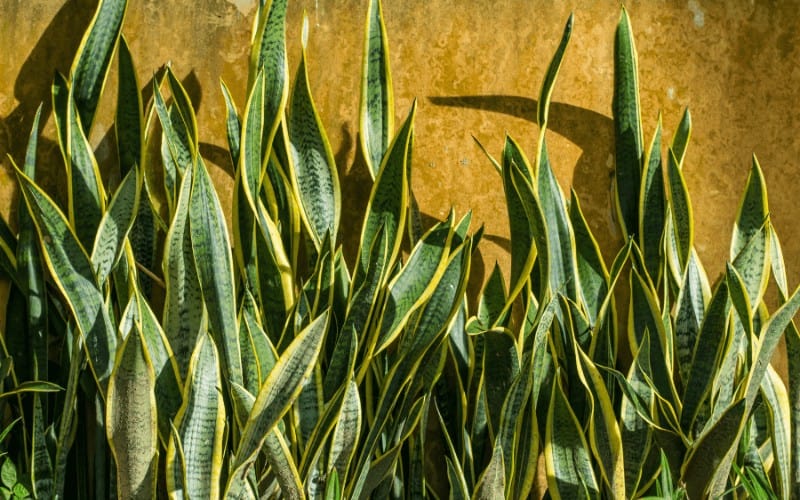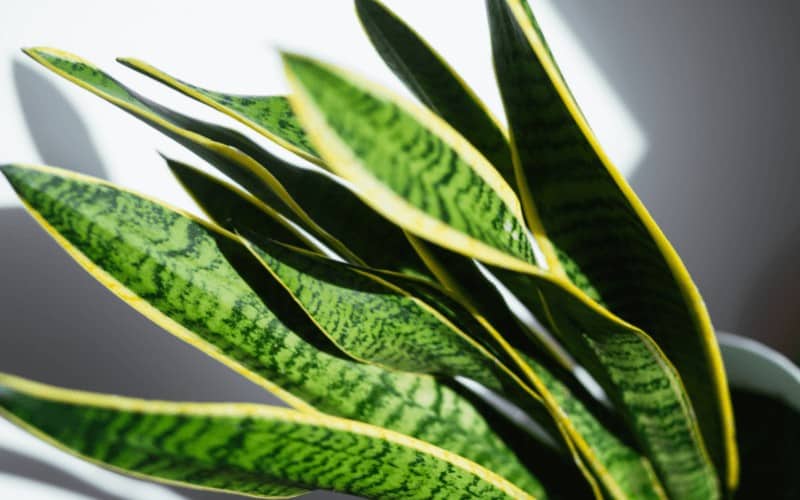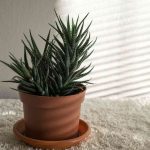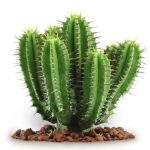The snake plant, also known as Sansevieria trifasciata, is a typical house plant and member of the Agavaceae family.
Its other names include; Mother-in-law Tongue, Viper’s Bow String Hemp, Good luck plant, Magic Sword and Golden Bird’s Nest. This is a beautiful plant to have in your home, but what about its toxicity? Is snake plant safe for cats, dogs, and other pets?
The answer is YES; the snake plant is somewhat toxic to cats. It contains mild toxins in the form of saponins and organic acids; therefore, it can be harmful or poisonous to cats, hence, not safe for them.
In this article, you’re going to learn more about how snake plant affects your pets and the dangers it poses to cats and means to avoid them.
Table of Contents
Is Snake Plant Safe for Cats?
Well! The simper answer is ‘NO’. It is mildly toxic to cats and other pets and can result in gastrointestinal problems.
Although it’s not safe for your cats, they will most probably not overeat. This is because the snake plant is bitter and causes an immediate burning sensation to the mouth, hence, making them not return for a second bite.
Why Is Snake Plant Unsafe for Cats?

Snake plant is not safe for your cats because it contains a toxic chemical called saponin, resulting in uncomfortable and painful reactions. Whenever your cats or other pets eat any part of the snake plant, toxicity can occur.
Aside from the mild toxicity, the total fatality or danger of snake plants lies on the low side of every species. Also, all parts of this plant are incredibly bitter, making it relatively non-palatable.
What Is Saponin & What Is Its Function?
You might be tempted to ask what the term ‘Saponin’ is. It is simply the chemical that makes snake plants poisonous to pets.
It is, however, produced to act as a natural insecticide and fungicide. It protects the plants from other microbes. This saponin gives the plant its bitter taste.
Despite sticking to its task of keeping the snake plant free from insects and fungus, it is also not safe for humans and pets, cats inclusive. Like earlier mentioned, it results in gastronomical reactions in humans or pets when consumed.
The juices of the plant are capable of causing skin dermatitis. Dermatitis is a kind of skin disease that generates rash or irritation.
Which Parts Of The Snake Plant Are Unsafe for Cats?
The snake plant possesses mild toxins in the form of saponins and organic acids. In humans, contact with the sap of the plant can cause minor skin irritation.
But, for the fact that cats are covered with fur, they are unlikely to make skin contact with the plant’s sap; however, if your cats are the curious and stubborn types, they’re likely to bite the plant and ingest its sap or flesh.
Snake plants can occasionally bloom, producing greenish-white fragrant flowers that look like lilies. Over time, the blossom will produce orange-red colored berries.
These flowers and fruits can also be toxic and unsafe. Therefore, your cats should be prevented from eating them.
What Are The Symptoms of Snake Plant Poisoning for Cats?

If your cats happen to consume the sap of the snake plant, it can initiate several symptoms in them, which include;
- Nausea
- Depression
- Vomiting
- Diarrhea
- Excessive Drooling
- Loss of Appetite
- Abdominal Pain or Discomfort
- Lethargy
- Swelling of Organs such as; Tongue, Lips, Mouth, Throat.
If you notice your cat or other pets exhibiting any of the symptoms listed above, be sure to contact your veterinarian for a checkup.
These are common symptoms of several different types of poisoning, therefore, even if the snake plant is not the cause, something indeed is, and your cat will need attention.
When you visit your vet, he will examine your cat and will probably perform a urinalysis and some blood work to determine precisely what toxin is causing your cat’s symptoms.
And after that, they will administer the required drugs for their treatment, which will erase any fear you may have of losing your cat.
Having known the above, some people will ask, ‘how do we keep our cats safe from snake plant?’
Therefore, we will conclude this article by highlighting brief preventive measures to keep your cats safe from ingesting the snake plant.
Below are the steps;
How Do You Keep Your Cats Safe from Snake Plant Poisoning?
Fortunately, the toxicity level of the snake plant is considered low. Plus, your cats are unlikely to want to overeat it because of the bitter taste of the sap. Also, your cats might be those types that are unlikely to bother this type of plant.
Nevertheless, they are animals; hence, you never know what your cat may be up to, so if you do have a snake plant in your home;
- It’s best to keep it in a room they don’t have access to.
- You can also keep the plant in an area your cats cannot reach, preferably on a high shelf, making it difficult for them to climb and eat it.
- A sprinkling of Cinnamon in the soil. This prevents the cats from eating it; it equally serves as fungicide or insecticide to your snake plant.
- Squeeze a lemon or orange zest on the pot rims to produce a pet repellant odor, as most cats hate the smell of citrus.
You may also like:
- Is ZZ Plant Poisonous to Cats
- Is Red Creeping Thyme Safe for Cats?
- Is Bugleweed Toxic To Cats?
- Is Citronella Plant Safe to Dogs?
- Is Coreopsis Toxic to Dogs?




